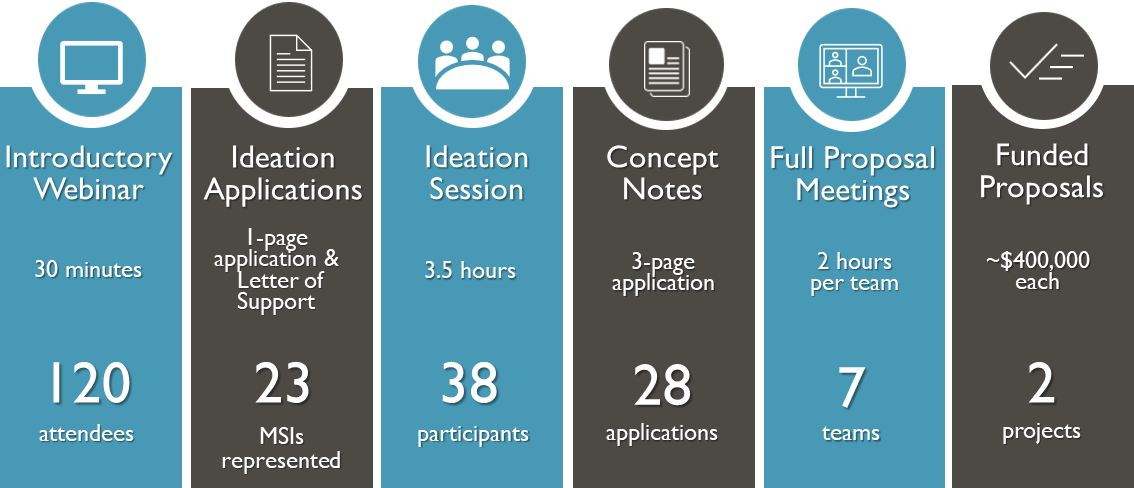Feed the Future, the U.S. government’s global hunger and food security initiative led by USAID, funds more than 20 Innovation Labs to leverage the expertise of U.S. universities and developing country research institutions to tackle the greatest challenges in agriculture and food security. And although more than 80 U.S. universities and colleges currently serve as Feed the Future Innovation Lab leads or collaborators, MSI-based faculty have historically led a limited portfolio of Feed the Future and other USAID-funded activities, despite their documented success in global food, agriculture, and rural community research.
The Feed the Future Innovation Lab for Food Safety (FSIL) is building a global food safety research network through collaborations. FSIL considers MSIs to be key partners in addressing food safety gaps through research, capacity strengthening, outreach and education, and the scaling up of food safety practices and policies. FSIL initially committed 20% of long-term research award funding to MSIs in the first round of project funding in 2020. To increase global food safety research partnerships with MSIs, FSIL issued a second Request for Applications (RFA) in 2021 for projects to address food safety gaps in Africa, Asia, and the Caribbean. The long-term goal of the RFA was to expand the global food safety research network and increase MSI competitiveness for Feed the Future Innovation Lab projects. A novel three-stage application process, provision of templates for all application materials, and post-award support for project contracting were designed to reduce institutional and administrative barriers to applying for and implementing projects.

More than 40 researchers at 23 MSIs participated in the RFA, and two MSI-led projects were funded to address urgent challenges in food safety and nutrition in Nepal and Nigeria.

